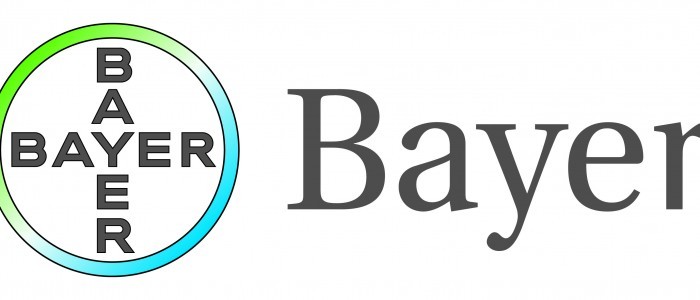Number of lawsuits against Bayer continues to rise
Author: Marcus Schilling
Date: 29.04.2019
Bayer files appeal against judgments
The lawsuits against Bayer for alleged cancer risks of glyphosate-containing weed killers do not decrease. By April 11, 13,400 people had pressed charges – 2,200 more than at the end of January. Bayer announced this on Thursday.
In August last year, a cancer patient received high compensation from a jury court. Since then, the number of lawsuits has increased steadily. In March, Bayer was also convicted in a jury trial – with sums of almost 80 million dollars each.
Bayer is appealing
Bayer further rejects all allegations and cites numerous scientific studies: “The company remains convinced that it has good arguments to defend itself against the claims made and intends to defend itself vigorously in all these proceedings”.
The chemical group has already lodged an appeal against the judgments and hopes that the competent judges will assess the case differently than the jurors. Most recently, a judge in a lawsuit called on Bayer and the plaintiffs to use a mediator to reach an amicable settlement.
Monsanto remains earnings driver
On Thursday, Bayer announced its quarterly results, which show Monsanto as the earnings driver. In the first quarter, adjusted operating income (EBITDA) increased by more than 44 percent to EUR 4.2 billion. Sales at the beginning of the year amounted to EUR 13.02 billion – currency- and portfolio-adjusted growth of around four percent.
On balance, however, Bayer’s revenues were significantly lower than a year earlier. This was in particular due to high special charges for the Monsanto acquisition and the Bayer restructuring program. Net income declined by more than 36 percent to EUR 1.24 billion.
The Group leaves the outlook for the full year unchanged. Currency- and portfolio-adjusted sales are expected to increase by around four percent to approximately EUR 46 billion. Adjusted operating profit (EBITDA) is also forecast to increase to around EUR 12.2 billion.





Comments are closed.